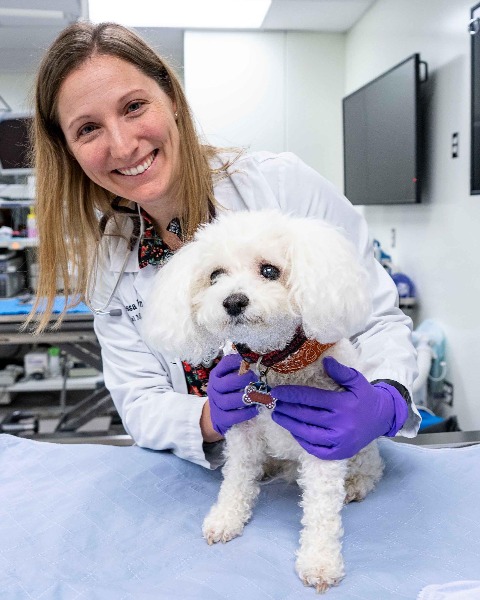Small Animal Internal Medicine
In Person Only
Shifting the Paradigm from Pathogens to Pathobiome: How Microbial Communities Contribute to Disease
ISCAID Track
Saturday, June 8, 2024
9:10am - 10:10am CT
Location: MCC 101 E
CE: 1.0

Jenessa A. Winston, DVM, PhD, DACVIM (Small Animal Internal Medicine) (she/her/hers)
Assistant Professor
Ohio State University College of Veterinary Medicine
Columbus, Ohio, United States
Primary Presenter(s)
Disclosure(s):
Jenessa A. Winston, DVM, PhD, DACVIM (Small Animal Internal Medicine): No financial relationships to disclose
Presentation Description / Summary: Traditionally, infectious disease research has demonstrated Koch and Hill’s postulates of “one microbe – one disease”. However, this infectious disease principle has its limitations. Evidence is mounting that many pathogens interact with diverse host microbial communities (including bacteria, protozoa, fungi, and phage), and through complex interactions pathogenesis can be influenced. Therefore, a paradigm shift is needed in veterinary infectious disease in order to consider pathogens within the context of their interactions with host microbial communities. Additionally, consortiums of microbes can in of themselves result in disease. During this session, we will review the concept of the “pathobiome” and how complex microbial communities can influence disease pathogenesis.
Learning Objectives:
- Define the pathobiome.
- Define dysbiosis.
- Describe how dysbiotic microbiome can lead to disease using the new "ecological Koch's postulates".


